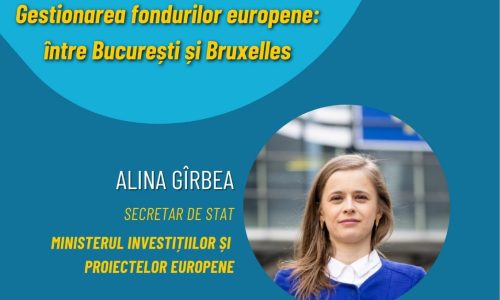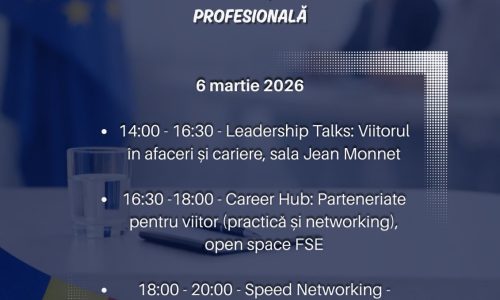DISINTEGRATION AND INTEGRATION IN EAST-CENTRAL EUROPE (D.I.E.C.E.) INTERNATIONAL CONFERENCE
The future of the European Union from a historical perspective. Shaping tomorrow’s Europe – ideas, prospects and strategies in the dialogue between generations
UPDATE: DIECE2017_Program
After three successful events, the International Conference “Disintegration and Integration in East-Central Europe”, organized since 2013 by the Faculty of European Studies of Babeș-Bolyai University of Cluj-Napoca, Romania, in cooperation with prestigious academic institutions, such as the Universities of Strasbourg, Padua or Magdeburg, and high-level academic bodies actively involved in EU studies, such as The European Union Liaison Committee of Historians, is now at its fourth edition.
This year’s edition will be organized in partnership with Università degli Studi di Roma Tre and will focus on how contemporaries have embarked at several momentous European events on a thorough dialogue about the future of the European Union, by bringing in ideas, perspectives and strategies. The conference endeavours to explore and shed light on the manners in which European integration and its outcome were understood in the past by the leaders and trendsetters of European unification, starting with the 1940s and the 1950s. It will emphasise the concept of Europe, its role, the modus operandi through which integration could be achieved and its original instruments, whilst analysing the transformation of the integration approach, and the changing of its goals: from deepening (Europe of the Six), to widening (Europe of the 10-12) and enlarging (Europe of the 27/28).
The questions arising from the European experience in the last ten years are crucial in determining the next steps of EU integration, and they require complex and well-discerned answers. In addition, given the exceptional circumstances of the Brexit, it is imperative to take into account the precedent created and the foreseeable mechanisms of disengagement from the EU. It is the aim of this edition to address in a constructive manner a number of pressing questions related to the future of Europe and to offer a platform for the dissemination of research results that can contribute to a better understanding of the ongoing process of metamorphosis within the European Union.
Către pagina Web a Conferinței DIECE 2017 Ed. 4 – Cluj Napoca



